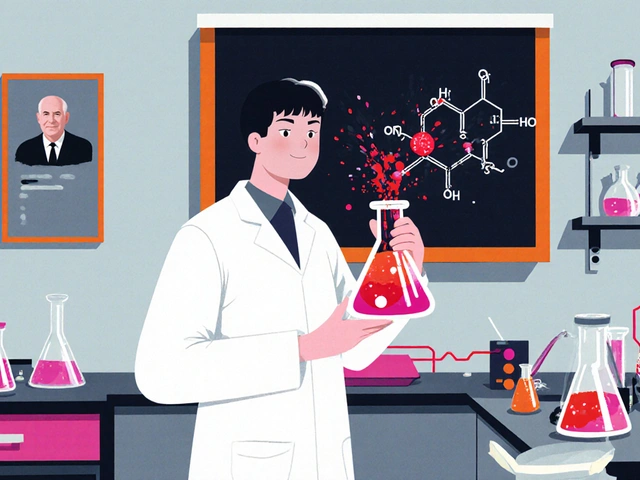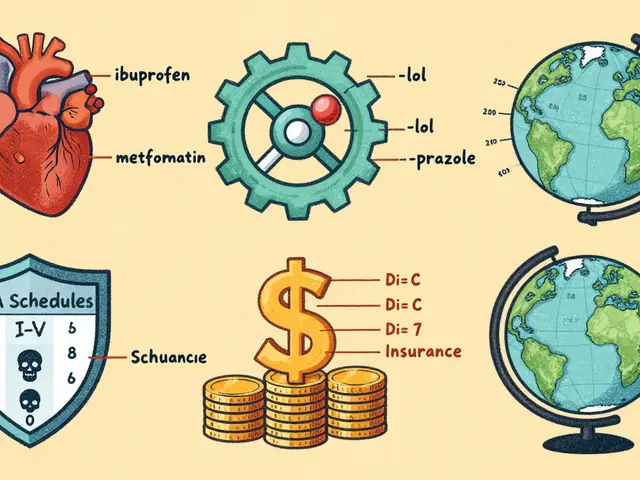Social Media Health Tips: Real Advice That Actually Works
When you see a social media health tip, a piece of health advice shared widely on platforms like Instagram, TikTok, or Facebook. Also known as online health advice, it often looks simple, quick, and easy to follow—but not all of it is safe or true. Thousands of people follow these tips every day, believing they’re getting expert guidance. But the truth? Many of these posts are made by people with no medical training, using flashy graphics and emotional language to sell products or gain followers.
Some health influencers, individuals who promote health, fitness, or wellness content online, often without formal credentials push extreme diets, miracle supplements, or dangerous detoxes as if they’re proven science. Others share misleading claims about medications, like saying you can replace insulin with apple cider vinegar or cure arthritis with ice baths. These aren’t just harmless trends—they can delay real treatment, cause harm, or even lead to hospital visits. Meanwhile, digital wellness, the practice of using technology in ways that support mental and physical health is being ignored. Scrolling through endless health posts can increase anxiety, trigger unhealthy comparisons, and make you doubt your own body’s signals.
The good news? Not all health content online is bad. There are doctors, nurses, and researchers who use social media to share accurate, evidence-based info. But you need to know how to tell the difference. Look for sources that cite studies, mention side effects, admit when they don’t know something, and don’t sell you a product in every post. If a tip sounds too good to be true—like losing 10 pounds in 3 days with one tea—it probably is. Real health changes take time, consistency, and often professional guidance.
You’ll find posts here that cut through the noise. From how smoking makes menopause worse to why mixing sedatives can be deadly, these aren’t viral trends—they’re facts backed by medical research. You’ll see what really works for neck pain, how herbal teas can mess with your meds, and why older adults need special care with prescriptions. These aren’t opinions. They’re clear, practical answers to real health questions people are asking online.
Don’t let flashy videos or perfect selfies trick you into thinking you know more than your doctor. The best health advice doesn’t come from a trending reel—it comes from science, experience, and honesty. Below, you’ll find real stories, real risks, and real solutions—no filters, no hype, just what you need to stay safe and informed.

- Nov 16, 2025
- Posted by Cillian Osterfield
How to Recognize Unsafe Medication Advice on Social Media
Learn how to spot dangerous medication advice on social media before it harms you or someone you love. Real signs of scams, how algorithms trick you, and what to do instead.
Categories
- Health and Wellness (72)
- Medications (69)
- Health and Medicine (28)
- Pharmacy Services (12)
- Mental Health (9)
- Health and Career (2)
- Medical Research (2)
- Business and Finance (2)
- Health Information (2)
Latest Posts
©2026 heydoctor.su. All rights reserved




